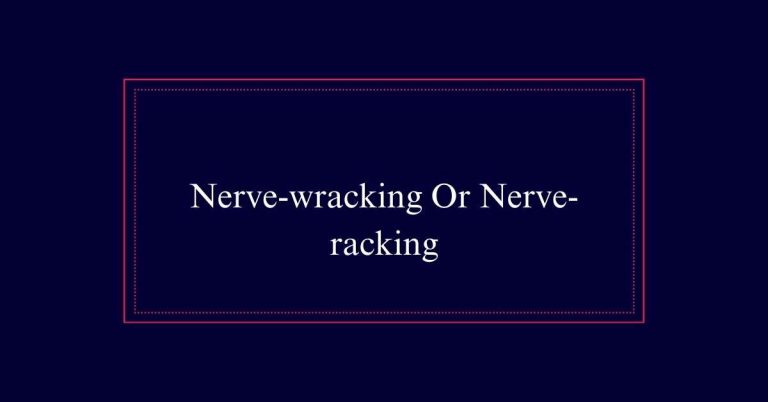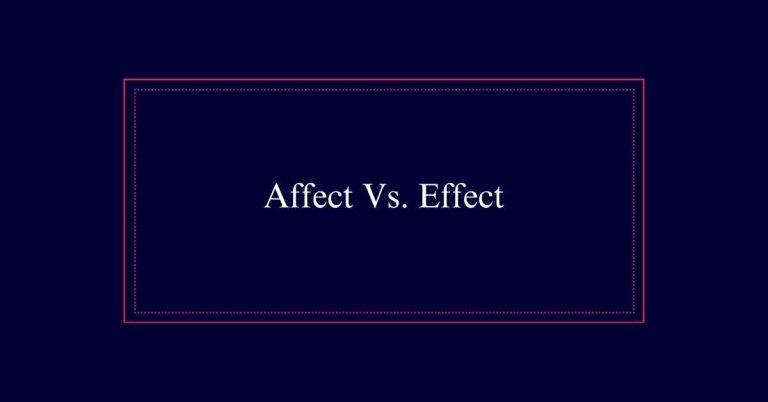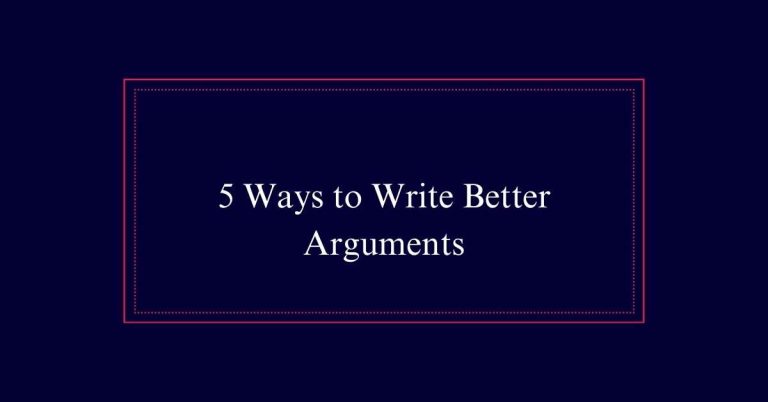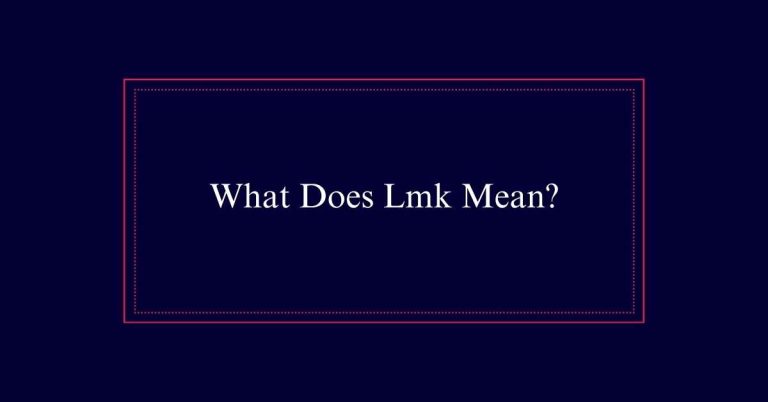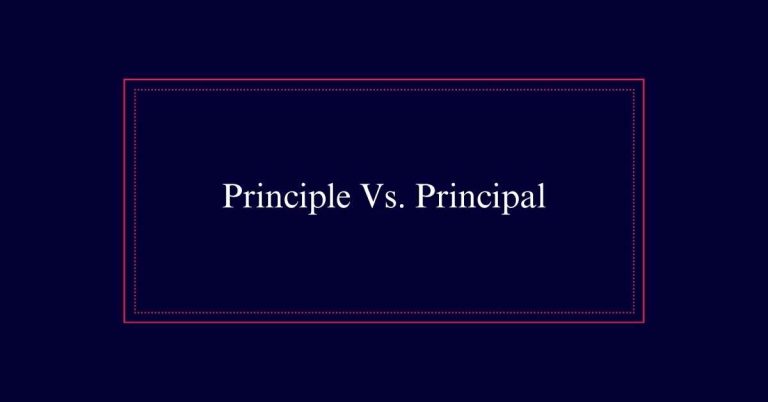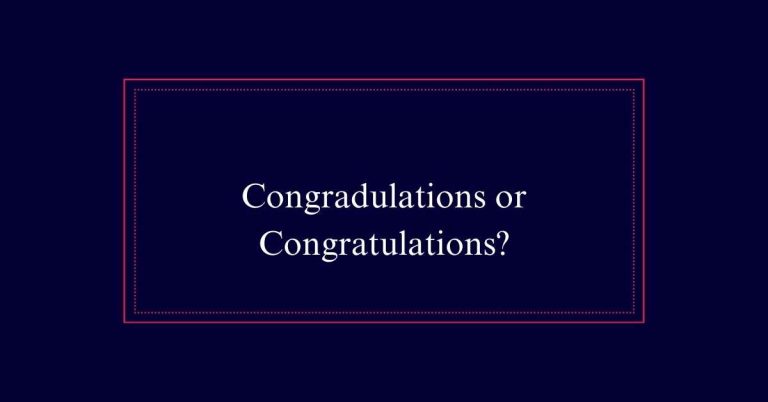Awhile vs. a While
‘Awhile’ and ‘a while’ have distinct uses. ‘Awhile’ is an adverb meaning ‘for a period of time,’ modifying verbs and does not require a preceding preposition. For example, ‘Stay awhile.’ Conversely, ‘a while’ is a noun phrase, with ‘while’ being a noun, meaning ‘a period of time.’ It often follows prepositions like ‘for,’ as in ‘Stay for a while.’
Definition of ‘A While’
‘A while’ is a term that consists of the article ‘a’ and the noun ‘while,’ signifying an unspecified amount of time. This phrase is used to describe a period without exact duration.
For example, one might say, ‘I will be there in a while,’ which means the person will arrive after some time, but the exact length is not specified. The noun ‘while’ inherently means a length of time, and when combined with ‘a,’ it creates a phrase that is versatile in describing various temporal contexts.
It is commonly utilized in expressions to denote durations, such as ‘for a long time’ or ‘quite a while,’ making it a flexible and widely applicable term in English.
Meaning of ‘Awhile’
‘Awhile’ functions as a single-word adverb, meaning ‘for a period of time.’ This term is used to indicate that an action or state occurs over a span of time.
For example, in the sentence ‘Garfield waited awhile for the bus,’ ‘awhile’ specifies the duration of Garfield’s wait. Unlike ‘a while,’ ‘awhile’ is used without a preposition preceding it.
This adverb simplifies expressions by combining ‘for a while’ into a single word. It is important to note that ‘awhile’ is less versatile compared to ‘a while’ and is primarily used in contexts where it directly replaces ‘for a while.’
Grammar of ‘A While’
Understanding the grammar of ‘a while’ involves recognizing its composition as an article and a noun, used to denote a period of time.
The phrase ‘a while’ is made up of the article ‘a’ and the noun ‘while’, where ‘while’ signifies an unspecified amount of time. This structure is typically used in expressions that describe a duration. For example, ‘He stayed for a while’ or ‘She will return in a while.’
The phrase can be used with prepositions like ‘for’ or ‘in’, making it versatile in sentence construction. Its primary function is to indicate a span of time, making it an essential component in time-related expressions.
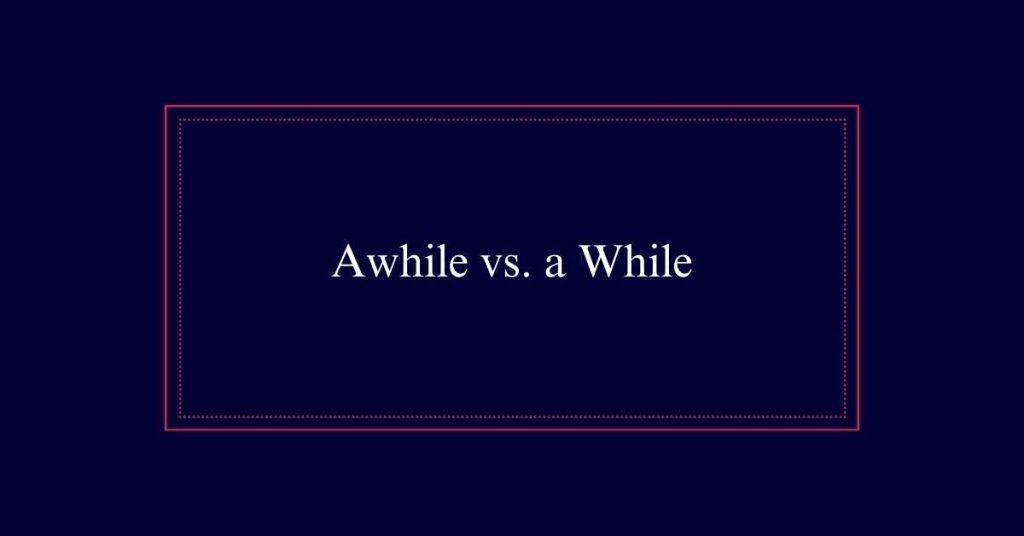
Grammar of ‘Awhile’
While ‘a while’ serves as a noun phrase, ‘awhile’ functions as an adverb, providing a different grammatical role in sentences.
‘Awhile’ is used to mean ‘for a period of time’ and cannot be preceded by a preposition. It modifies verbs, similar to other adverbs. For instance, in the sentence ‘She waited awhile,’ ‘awhile’ indicates the duration of her waiting.
It is important to remember that ‘awhile’ is a single word, replacing the phrase ‘for a while.’ This distinction helps in choosing the correct form based on grammatical context. Using ‘awhile’ correctly ensures clarity and precision in conveying the intended time-related meaning.
Examples of ‘A While’
Examples of ‘a while’ illustrate its use as a noun phrase indicating a period of time in various contexts. For instance, ‘I will be there in a while’ shows that the speaker will arrive after some time.
Another example is, ‘She stayed for a while before leaving,’ indicating that she remained for an unspecified duration.
Similarly, ‘He hasn’t seen them in a while’ suggests a considerable time has passed since his last encounter.
In the sentence ‘It took a while to complete the project,’ the phrase denotes the time span required for project completion.
Examples of ‘Awhile’
‘Awhile’ is employed as an adverb to indicate a period of time, often replacing the phrase ‘for a while.’ It is a single word that simplifies expressions of time duration.
Here are some examples to illustrate its usage:
- ‘Please sit awhile and relax.’
- ‘He waited awhile before responding.’
- ‘The children played outside awhile after lunch.’
- ‘You should rest awhile before continuing your work.’
Each sentence demonstrates how ‘awhile’ succinctly conveys a temporary span of time without needing additional words. It enhances sentence fluidity while maintaining clarity.
‘Awhile’ is particularly useful in informal and conversational contexts, ensuring brevity and ease of understanding.
Phrases Using ‘A While’
Many common phrases incorporate ‘a while’ to convey periods of time in everyday language. For example, ‘It’s been a while’ indicates a significant amount of time has passed.
Phrases like ‘wait a while’ or ‘stay a while’ suggest spending some time on an activity. ‘Quite a while’ emphasizes a longer period.
‘After a while’ signals an event occurring following some time. These expressions help specify durations without needing exact measurements.
Using ‘a while’ in these phrases makes communication about time more flexible and understandable. Such versatility guarantees that ‘a while’ fits seamlessly into various contexts, making it a valuable part of everyday language.
Phrases Using ‘Awhile’
Several phrases incorporating ‘awhile’ effectively convey brief periods of time in everyday language. This adverb, meaning ‘for a period of time,’ is straightforward yet impactful when used correctly. It often substitutes ‘for a while’ in various contexts without a preposition.
Examples include:
- ‘Stay awhile and relax.’
- ‘Wait awhile before deciding.’
- ‘Rest awhile after your journey.’
- ‘Pause awhile to gather your thoughts.’
Each phrase succinctly communicates the notion of a short, indefinite duration. The use of ‘awhile’ is particularly fitting when brevity is essential, and it emphasizes temporary pauses or intervals. Its simplicity allows for clear, direct communication, making it a valuable addition to one’s vocabulary.
Usage Frequency Comparison
‘Usage frequency’ explores how often ‘awhile’ and ‘a while’ appear in everyday language. ‘A while’ is more versatile and widely used. It fits into various contexts and phrases, making it a common choice in both spoken and written English. For example, people often say, ‘I’ll be there in a while’ or ‘I haven’t seen you for a while.’
In contrast, ‘awhile’ is less common. It can only replace ‘for a while’ and cannot be used with prepositions. This limited usage means ‘awhile’ appears less frequently. An example would be, ‘Please wait awhile.’
Therefore, ‘a while’ is the more frequently used term due to its broader applicability.
Choosing the Right Term
Selecting the correct term between ‘awhile’ and ‘a while’ depends on the context of the sentence.
‘Awhile’ is an adverb and means ‘for a period of time.’ It cannot be used with prepositions.
In contrast, ‘a while’ consists of an article and a noun, signifying an unspecified amount of time.
To choose the right term, consider the following:
- Use ‘awhile’ when you could replace it with ‘for a while.’
- Use ‘a while’ when describing a duration of time.
- ‘Awhile’ fits naturally without prepositions.
- ‘A while’ is more versatile and fits in various phrases.
Understanding these distinctions ensures precise and clear communication in your writing.
Frequently Asked Questions
Can ‘Awhile’ Be Used at the Start of a Sentence?
Awhile cannot start a sentence because it functions as an adverb and typically follows the verb it modifies. Instead, use “a while” when beginning a sentence to indicate an unspecified period of time.
Are ‘Awhile’ and ‘A While’ Interchangeable in Formal Writing?
In formal writing, ‘awhile’ and ‘a while’ are not interchangeable. ‘Awhile’ is an adverb meaning ‘for a period of time.’ ‘A while’ is a noun phrase indicating a duration. Use each according to its function.
What Are Common Mistakes When Using ‘Awhile’ and ‘A While’?
Common mistakes include using ‘awhile’ when a preposition is needed, such as saying ‘for awhile’ instead of ‘for a while,’ and using ‘a while’ as an adverb, like ‘wait a while’ instead of ‘wait awhile.’
Do ‘Awhile’ and ‘A While’ Differ in British and American English?
The usage of ‘awhile’ and ‘a while’ does not differ notably between British and American English. Both varieties follow the same rules for these terms, maintaining consistency in their meanings and applications.
Are There Any Idioms Involving ‘Awhile’ or ‘A While’?
There are no well-known idioms specifically involving “awhile” or “a while.” However, phrases like “once in a while” and “after a while” are commonly used expressions involving “a while.” These denote time intervals.

